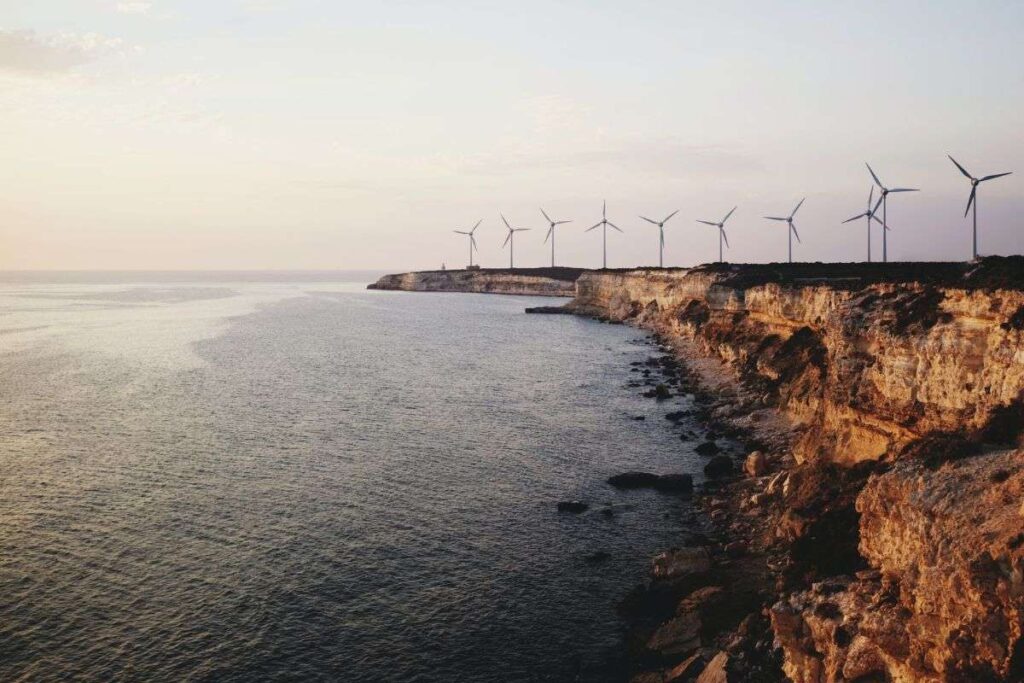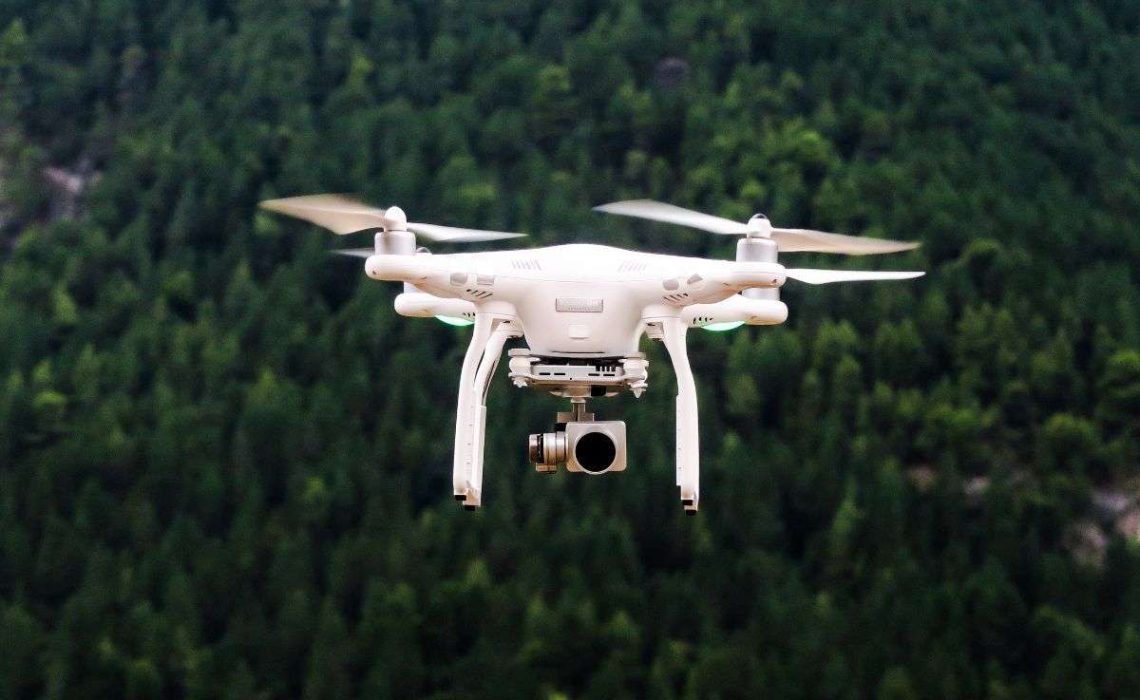Recently our team was listening to the Planetary Regeneration Podcast’s High Tech, High Nature episode.
It discussed the ways that people could use technology to build a brighter future, and a few of the things we’ll need to collectively consider in order for advanced tech to be truly beneficial.
We encourage listening to the episode in full, but we’ve also broken down our three favourite ideas from the episode:
Technology can and should work to regenerate nature rather than exploit it.
Depending who you talk to, a high tech, low nature or low tech, high nature approach to solving global challenges might seem appealing.
However, the reality is that a balanced, thoughtful approach that incorporates advanced and ancestral land management techniques and advanced technology is most likely to create long-term, sustainable results and abundance.
And to do that, we need to understand and respect planetary boundaries with regards to resource extraction, recycling, and energy sources.
Addressing global challenges will take global coordination.
Influencing and collaborating with different nations and societies to adopt sustainable practices and technologies is a priority when it comes to regenerating the planet.
To do that, the old adage “think globally, act locally” applies for individuals. In other words, if everyone works to make their local area as antifragile as they can, it will help move the needle.
- Engage in urban gardening and regreening
- Support regenerative farmers
- Shop with sustainable and regenerative businesses
At the same time, leaders need to work together to build regenerative systems, decrease reliance on extractive practices, and introduce or uphold resources, regulations, education and more that make regenerative practices accessible.
- Singapore’s leaders have been moving the city-state in a regenerative direction
- Grants for renewable energy investments in low-income neighbourhoods in the United States
- Worldwide shifts towards low energy buildings and passive buildings

Wind farm in Türkiye. Photo by Efe Kurnaz.
Money is getting a makeover, and that’s (hopefully) ok.
The way that money and economics are currently set up encourages extraction and destruction. For example, under our current economic systems, a tree only has “value” after it has been cut down.
But what if we changed that, and started financially rewarding countries, cities, farmers, or regions for their environmental stewardship? These discussions are underway and as fascinating as they are hopeful.
- Countries that protect vital ecosystems, like Brazil (Amazon rainforest), Australia (coral reefs), or Canada (freshwater stores), would have more incentive to protect those valuable assets that keep the planet functional and healthy.
But the questions then also arise: How do we track and quantify the value of those ecosystems, and do we need a secure universal currency to help make the value fair? This topic gets pretty complex, so we suggest listening to the podcast if you want to go deeper. Visit Planetary Regeneration Podcast.

